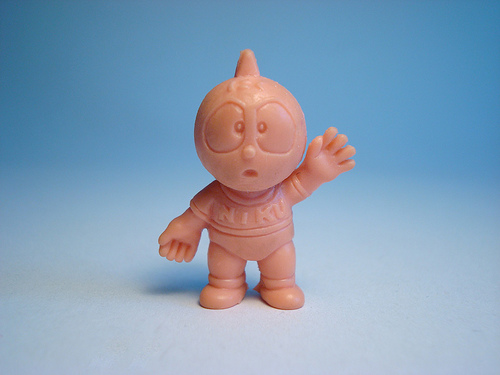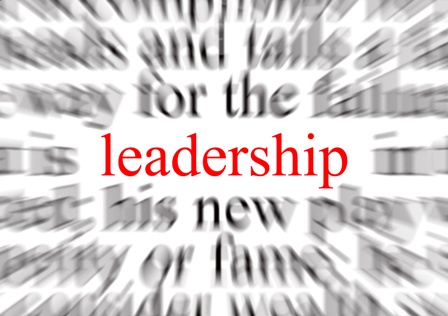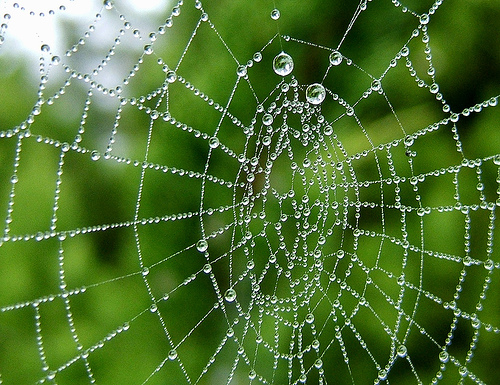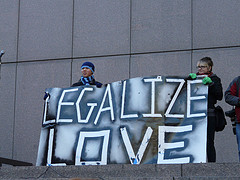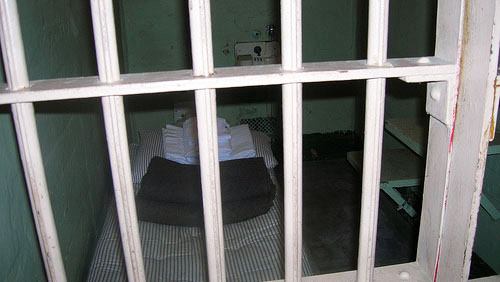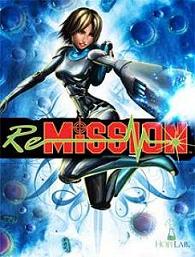We’ve always had a strange fascination with watching ourselves. Oscar Wilde’s Dorian Gray famously agonized over the reflection of a hedonist life on his portrait, which aged and suffered at […]
All Articles
The idea that our planet’s climate is changing is nothing new, says environmentalist and writer Bill McKibbon—in fact, the first person to theorize that our planet was warming was a […]
Dr. Fatih Birol, the chief economist of the International Energy Agency, says he has never owned a car. While he admits his decision may seem “unusual” to people in the […]
“There’s this core of people who have become very, very powerful who can do enormous damage to the rest of society and honestly, they really don’t care,” says Simon Johnson, […]
“I remember I was reading Svevo, it was ‘The Confessions of Zeno’…And I looked—I was lying in bed and I looked down at the floor and there was a little […]
This remarkable video was made by the new Dean of the Harvard Business School, Nitin Nohria. It is Professor Nohria’s equivalent, in a way, of will.i.am’s Yes, We Can, the […]
The D.C. think tank archipelago constitutes a kind of shadow government. These organizations house policy shops, lobbying and advocacy campaigns, media production, education and training programs, and much more. They […]
Other cultures may value conformity, but Americans are rugged individualists. For better or for worse, we think and choose for ourselves—from which indie band we listen to on the subway […]
The feminist battleground, with its slogans, marches, and campaigns for reproductive rights, has given way to the playground and the fight for lactation rights, stroller rights, and birthing techniques.
A new study suggests that some patients who don’t tolerate antidepressant medications could benefit from a non-invasive treatment that stimulates the brain with an electromagnet.
Charles Murray says we should “finally acknowledge that standardized test scores are a terrible way to decide whether one school is better than another.”
A Brooklyn lawyer is hoping to break new legal ground by offering a brain scan as evidence that a key witness in a civil trial is telling the truth.
“How did we get to the point where just about every new classical dance is meaningless?” asks Laura Jacobs. She thinks premieres today all feel derivative of Forsythe, Tharp, or Martins—or trade in clichés.
Could the fact that so many publishing executives are women mean that there are fewer books being published that appeal to male readers?
Why do so many top Ivy League grads go to work for Wall Street firms like Goldman Sachs and McKinsey? James Kwak says it’s because they offer well-paid, generic business training.
Analysts at the National Counterterrorism Center say the terrorist threat to America is becoming more decentralized and less deadly. But the terrorists are also harder to find.
“The outlets for vindictiveness have multiplied almost to infinity—and your reputation is more fragile than ever,” writes Jeffrey Zaslow. “All of us now live under the threat of easy and instant humiliation.”
For individual birds affected by the oil spill in the Gulf of Mexico, having a person clean the oil from their feathers may be their best chance of survival.
When you cover a beat, you get to know the good guys and the bad guys. If you don’t have strong opinions about who’s who, you’re probably not doing your […]
“You are not allowed to proceed further. Turn back and head the way you came.” These words were spoken to me by a policeman standing on the approaches to the […]
A team of the print world’s brightest innovators set out to write, photograph, illustrate, design, edit, and ship a magazine in just two days.
Incarceration rates quintupled over the last third of the 20th century, and conventional wisdom is that it must have something to do with a corresponding rise in crime. Robert Perkinson, […]
After watching a few episodes of the new HBO show Treme, I have discovered that even though I am African American, I seem to have more in common with Creighton […]
Atheism makes for “great blood sport“—at least that is what writer Yann Martel believes. But the writer is far more interested in what cannot be reasoned, and in his Big […]
How many times have you felt guilty when someone talks about the grand crises in the world: water, energy, food, poverty? You assiduously recycle your bottles, cans and paper, but have a nagging feeling you should be doing something more. Don’t beat yourself up. It’s hard to help when you don’t understand the exact nature of the problem. Now there’s a way: games. Or to be more accurate, serious games. Yes, it sounds like an oxymoron but serious games are becoming the most popular tool to engage citizens to collaborate and solve world challenges.
A growing number of artists are “rummaging through the life sciences in search of materials, ideas, cosmic verities, tragicomic homilies, personal agency, a personal agent, a way to stand out in the crowd.”
“How could a writer whose prose breathed in life so fully take his own?” asks Michael O’Donnell of David Foster Wallace. A new book tries to illuminate the writer via a five-day road trip.
“It’s time for Democrats, even liberal Democrats, to start looking at unions and unionism with deep skepticism,” writes Mickey Kaus.
“When parents today worry about their child not meeting developmental norms, especially for motor skills, they’re too often worrying needlessly,” writes Nicholas Day.
The idea that one’s disposition can be analyzed by looking at their handwriting is considered spurious, yet medical graphology—the use of handwriting to detect disease—has diagnostic validity.



